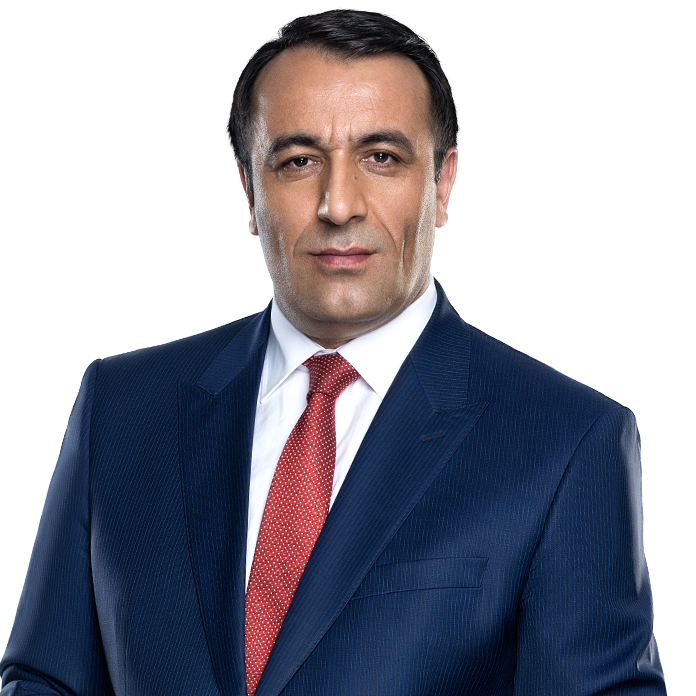The group, which includes Brazil, India, Indonesia, Turkey and the countries in South Africa, is also referred to as the “fragile quintet”. The common trait of these countries is; being developing economies, coming out ahead of the economic crises by successfully administering them, and also being claimed to have their economies unguarded against internal and external risks.
The essential reasons, which start fragility and deepen economic crises, are the frailty in the public finances, weak growth and current deficit. Compared to the other countries in the “fragile quintet”, it would be seen that the Turkish economy differs positively on matters like public finances and growth.
Turkey is a country that has a low fiscal deficit and debt rates. In 2014, while the fiscal deficit – GDP ratio was 1.3 %, the public debt – national income ratio was 33%.
While banks in many developed countries have gone bankrupt after the global economic crisis in 2008, the banking system in Turkey increased the durability of the economy. People, who thought that the global economic crisis would have a negative impact on the Turkish economy, were proved wronged. As of the final quarter of 2009, in other words, since the period, when the global economic crisis was the most intense, the economic growth in Turkey is continuing. Besides, this is happening while taking the current deficit under control as well.
There is no longer an economy that lives with the fear of economic crises and designates its habits accordingly.
Besides, the Turkish economy didn't receive a heavy wound from the political developments, despite being directly related to them. Despite the conflict and chaos environment in neighbor borders, and having our stability being targeted by political and economic guardianships, Turkish economy possesses a better score than expectations.
Besides, despite all the internal and external interventions in the 2002-2015 period, the Turkish economy progressed successfully.
On the other hand, the possible interest increase FED will realize this year is increasing the possibility of experiencing capital outflows as this possibility grows stronger gradually. Nevertheless, the Turkish economy is showing a resistance above expectations against all these developments. After all, even Fitch, who is treating developing countries as foster children, states that the “fragile quintet” countries might not be the ones to be affected negatively by FED's interest increase.
However, the stability of the Turkish economy needs a reinforcement in the post-June 7th period. In this period, we have gained the experience of learning the importance of political stability and have seen that the economy is not as fragile as it's claimed to be. But, we lost a serious amount of time.
Turkey actualized the economic growth, which it couldn't do so in real terms until 2002, after 2002 with political stability. With its increasing awareness in global economy, Turkey actualized regional investments in the energy arena, and provided a strong motivation for future investments.
In order to do so, we need to start a new period by conducting structural reforms in economy with the help of the political stability. Because, Turkey needs to shed its skin, and requires a new understanding and renewal in order to step up to the high-income group.
However, the structural reform process, which will implement this renewal, is only possible with a strong political rulership or government. Actually, this process started before. During the AK Party period, this necessity had been mentioned frequently.
A range of structural reform suggestions have been developed especially for the production of imported goods within the country, the increase in the shares of high-tech goods in the exportation, and the savings inadequacy, which is the most important reason behind the fragility in economy. However, due to the outcome of the June 7th elections, we were not able to speak about those reforms.
The reforms can only come to the fore and be realized through a strong single party rulership with a certain agenda. Not with coalitions formed by political parties who prevent these reforms, have no certain duration and whose future hangs on a thread.




















